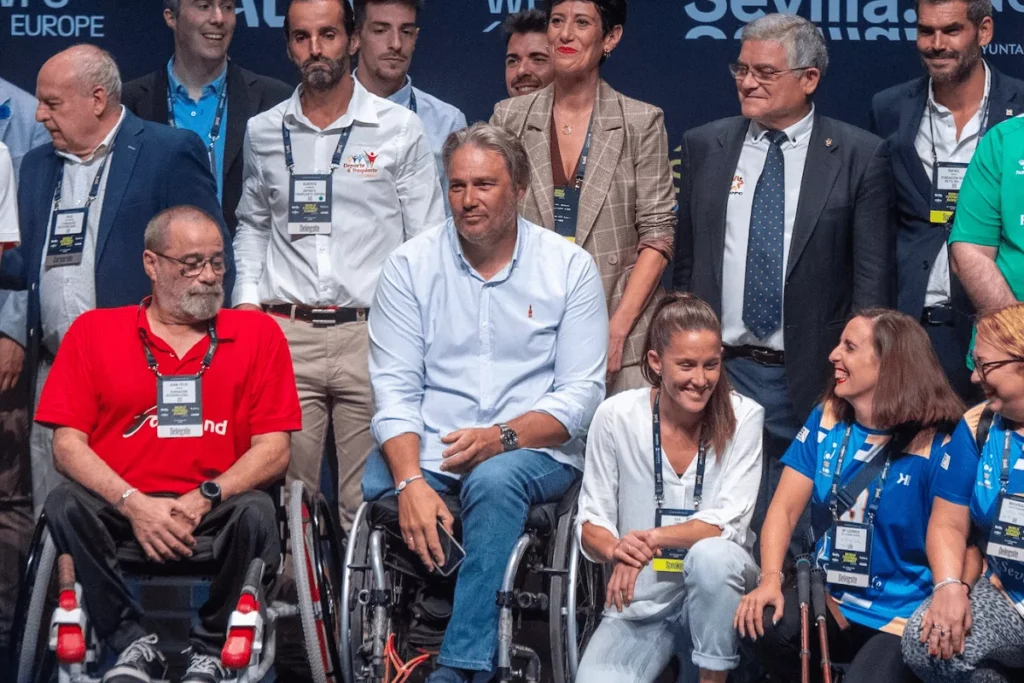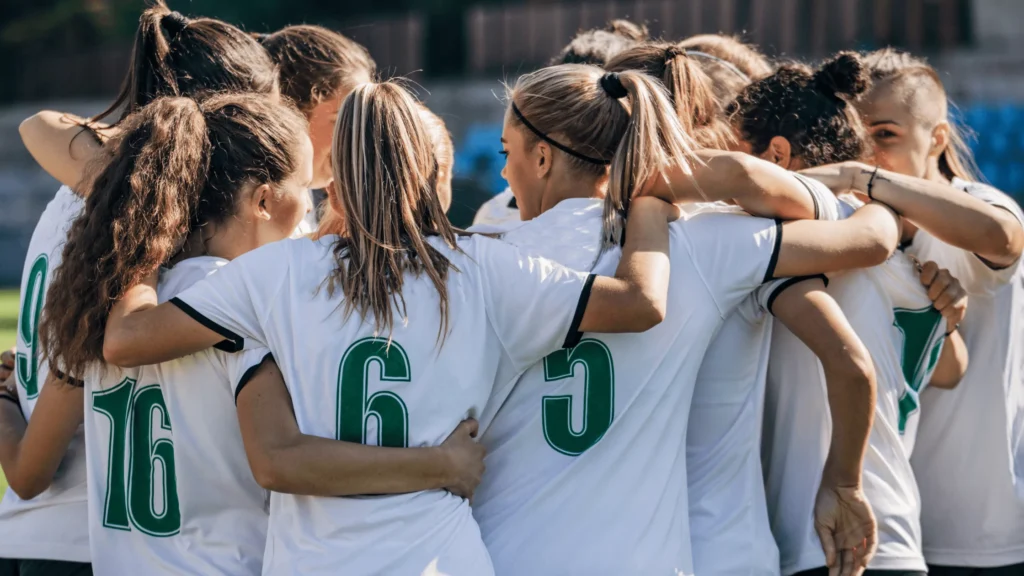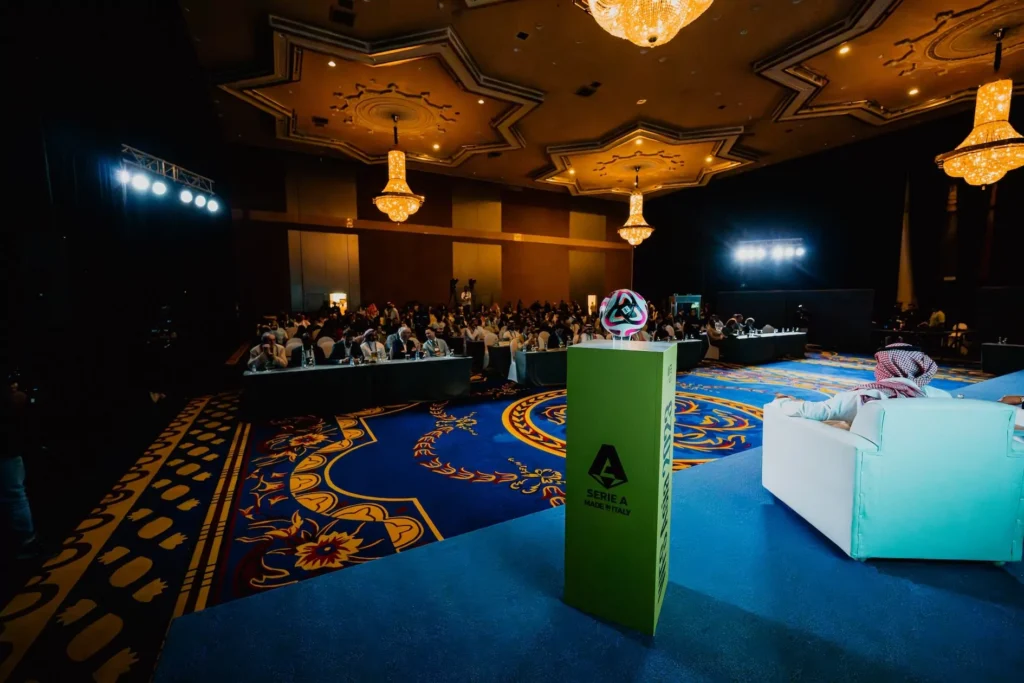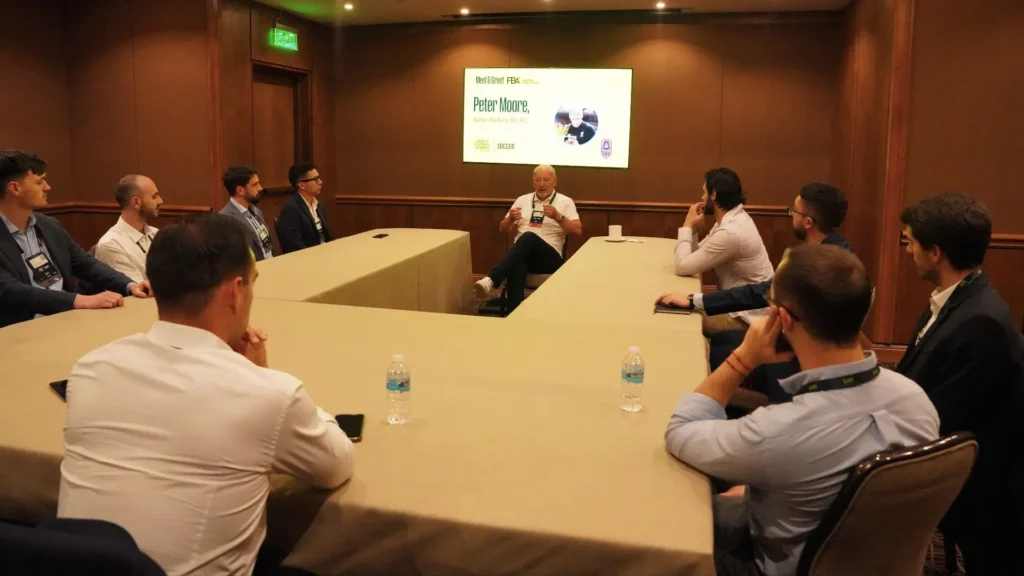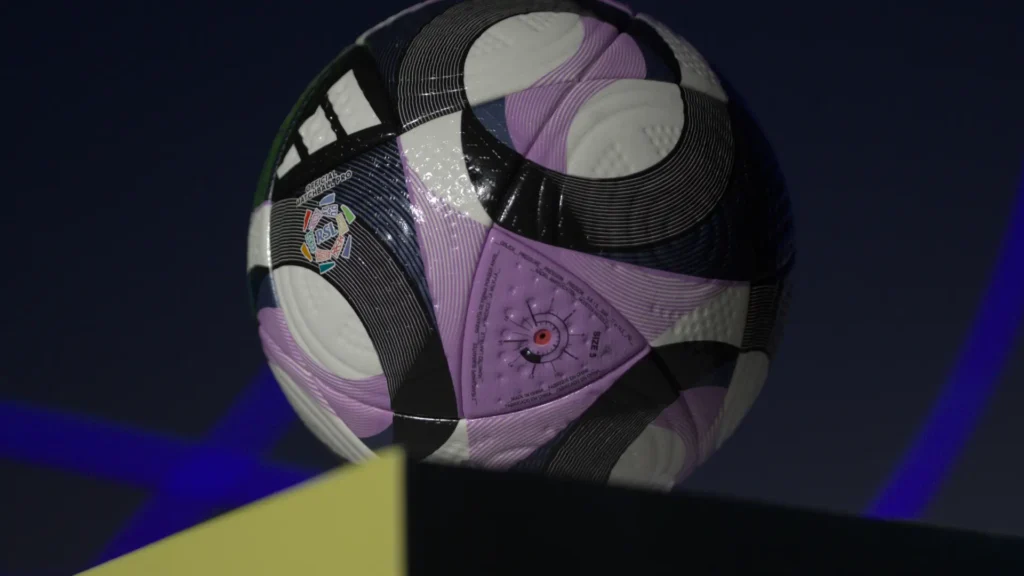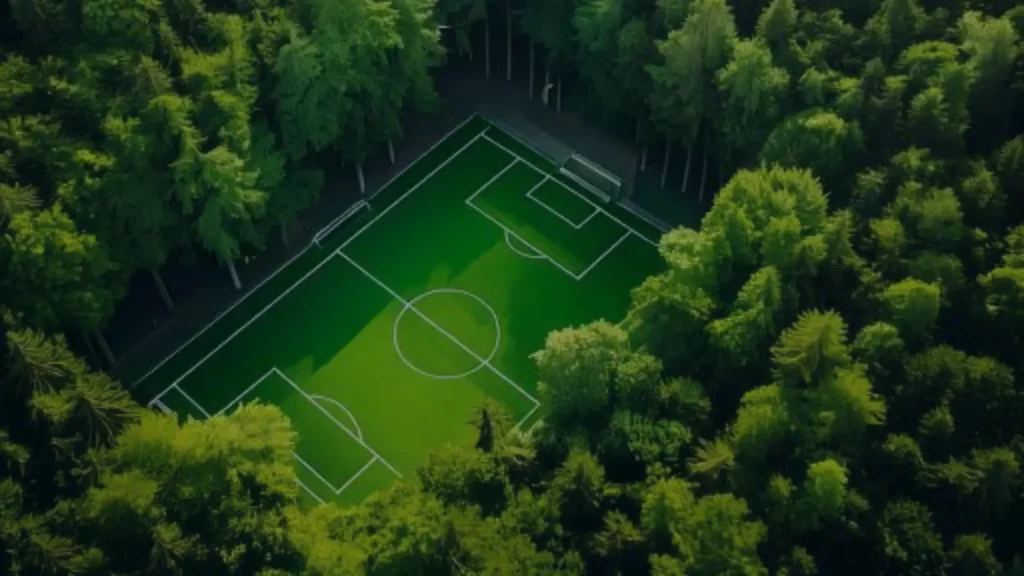Explore Our resources
Explore
Our resources
Find the best insights, reports, videos, and podcasts in one place.
Latest Insights & media
Latest
Insights & media
WFS Blog Leading stories and industry insights
WFS Blog
Leading stories and industry insights
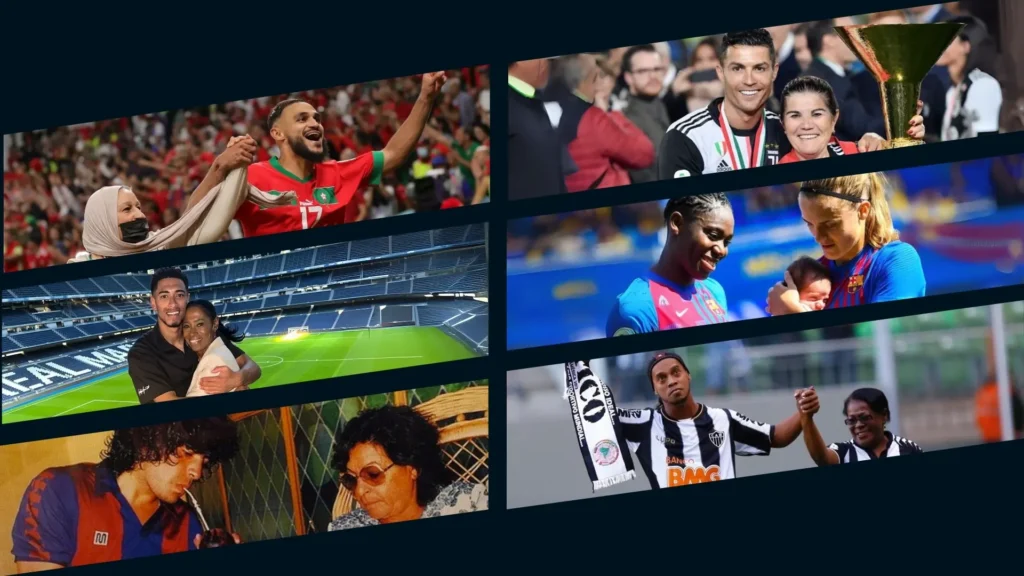
A $380B Opportunity: How Football is Becoming the World’s Largest Longevity Platform
Healing sports is a new category emerging that will change the sports industry. It will use the power of football to drive impact, business, and transform communities worldwide.

A $380B Opportunity: How Football is Becoming the World’s Largest Longevity Platform
Healing sports is a new category emerging that will change the sports industry. It will use the power of football to drive impact, business, and transform communities worldwide.
WFS Playlists Discover our video collection
WFS Playlists
Discover our video collection
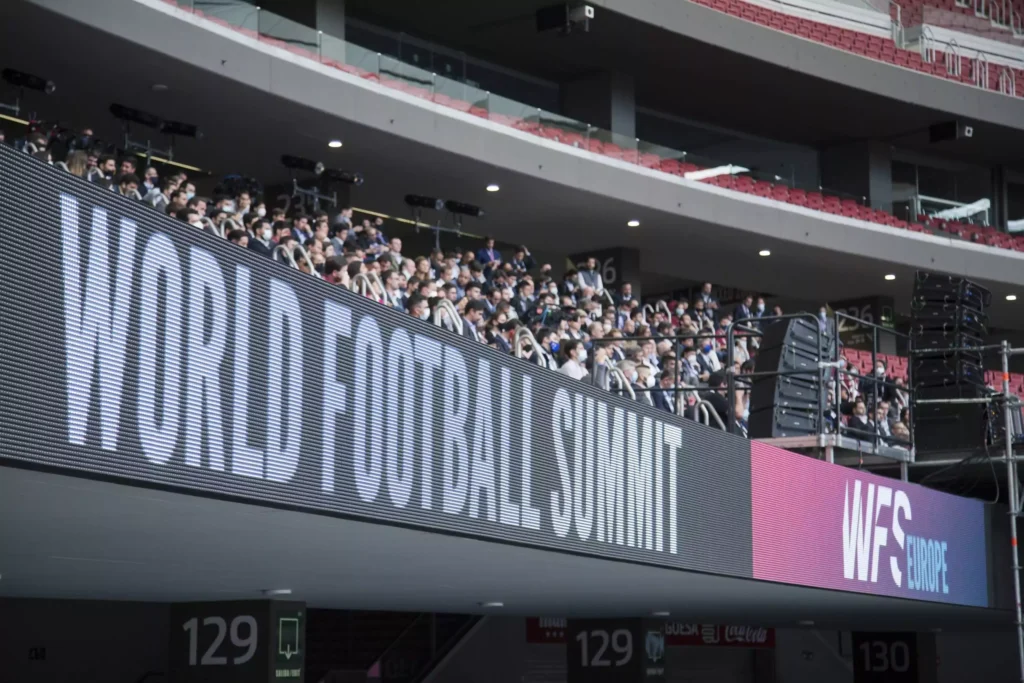
Purpose and action at the heart of WFS Europe legacy thanks to DAZN, Common Goal and Women in Football partnerships
WFS Europe may have wrapped up a month ago, but the legacy of the event will be felt for some time thanks to partnerships that were
WFS Aftermovies
WFS Rabat
Women’s Football
WFS Riyadh
WFS Video Insights Panels that inspire football's future
WFS Video Insights
Panels that inspire football's future
WFS Podcast Tune into our series
WFS Podcast
Tune into our series
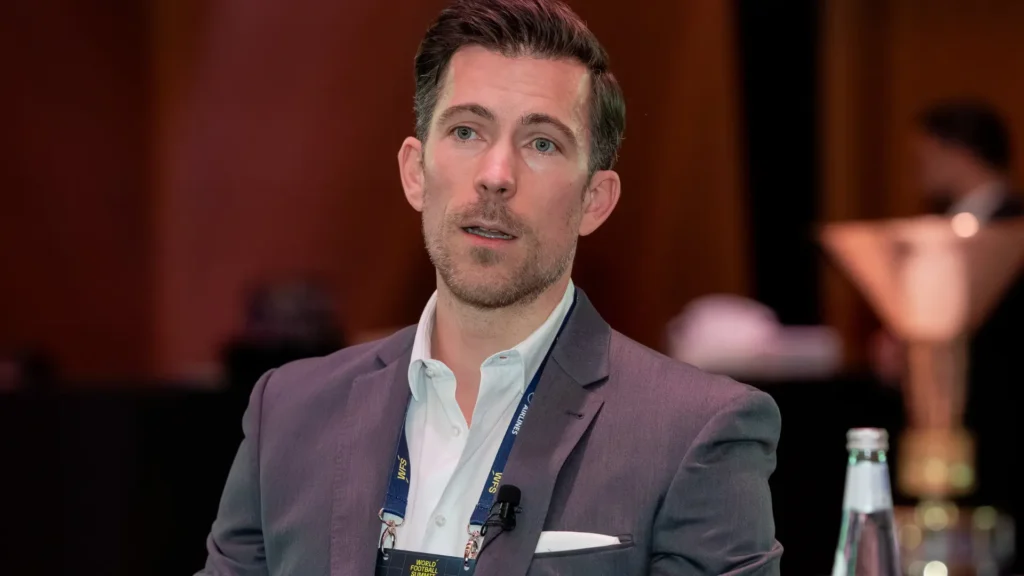
Sports Marketing, Content & Innovation at Juventus w/ Mike Armstrong
I am thrilled to bring you an awesome conversation with Mike Amstrong, CMO at Juventus Football Club. As a marketer
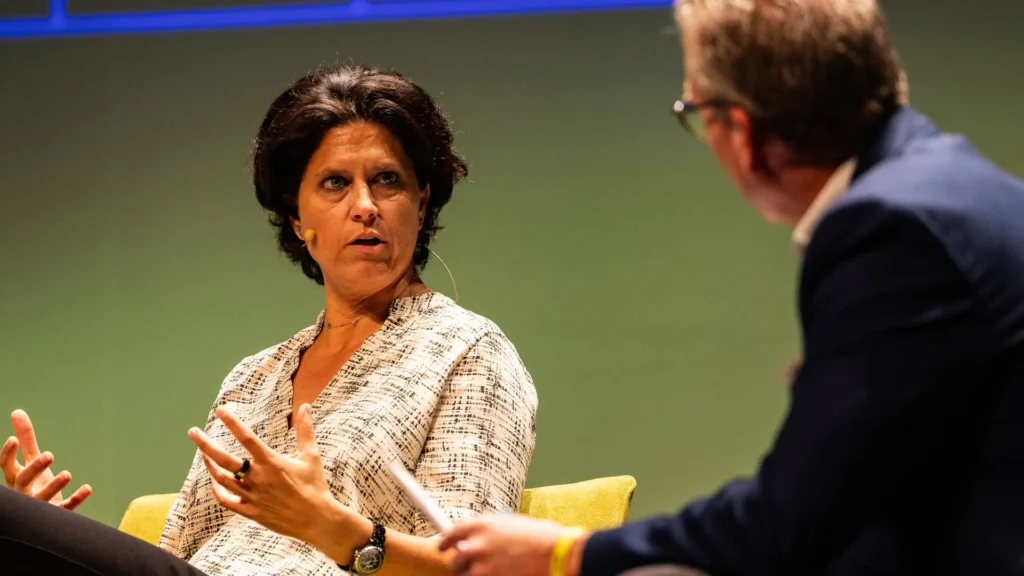
Angel City’s Playbook: Rethinking Football With Julie Uhrman
“We lead with passion and purpose to drive profitability, where we never sacrifice impact for profit or profit for impact.”
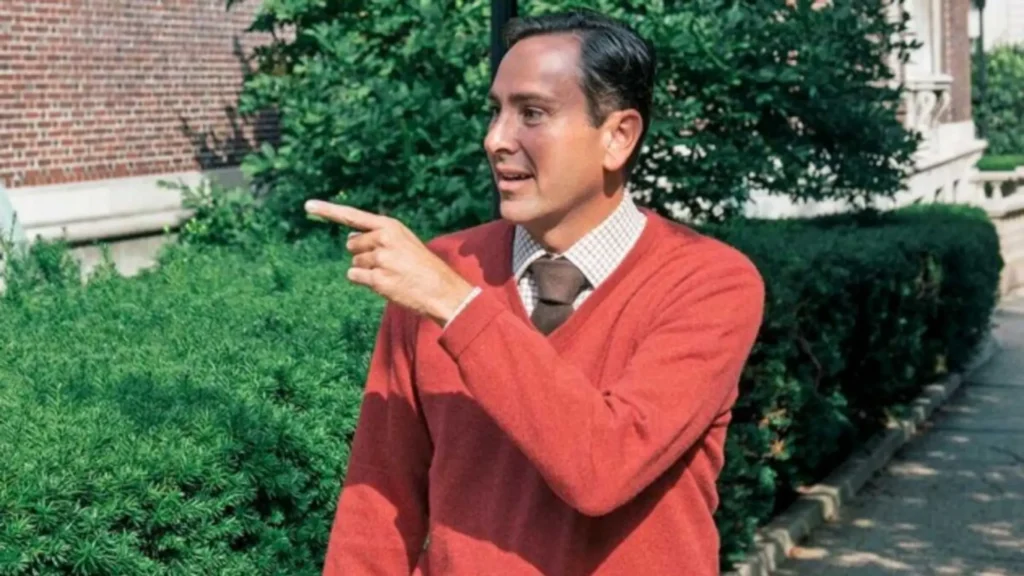
The future of football w/ Steven Mandis
Steven Mandis, author of books like “The Real Madrid Way,” or “What Happened to Serie A?” is our guest today.

